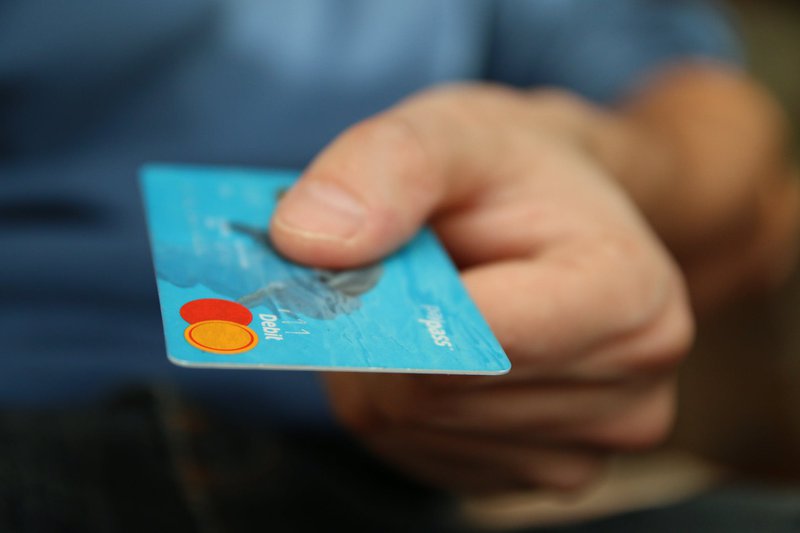Love me, love my privacy
Updated | By Wendy Knowler
Who besides you knows your personal details,
bank account details, and passwords, enabling them to impersonate you?

Listen to the podcast or read the story below:
What prompted me to ask tweeps - people who are active on Twitter - who besides themselves knows their bank details - was an email I received from a listener, which went like this:
“I require assistance with debts that are building up due to an ex boyfriend.
“I previously opened up a case against him based on fraud committed on my bank account as he had called the bank, changing his voice to sound like a woman, and cancelled my card, saying it had been stolen when it had not!
“I had just broken up with him then and he just wanted to be nasty - he knows ALL my details, off by heart.
“He even applied for a credit card once in my name, without telling me - I only knew about it when it arrived.
“I just want my credit profile to be reinstated to how it was with no debt on my name due to him.
“He has done numerous fraudulent things in my name, and messed up my credit record, which he knows I’m very particular about. Please assist.”
I’m pretty sure a lot of listeners are thinking, how stupid of that woman to share all her personal stuff with a boyfriend - enough to allow him to impersonate her, get her into debt, and mess with her credit record.
But many people happily give their account details and passwords to their spouses or family members, and sometimes not even members of their immediate family.
Most people who responded to my Twitter question said no-one but them knows their details, but many said two or more people know it all.
“I know this shocks a friend of mine,” said An Ordinary Gal, “but hubby, sister, mom, brother…”
Yolanda said: “Almost everyone in my family, and I know theirs as well as my uncle in law’s.”
“All my siblings, my work mates, almost everyone I’m close to,” said another.
When I asked if he was joking, he said, “I’m dead serious,” he said, “And not a single person has taken a single cent without my consent.”
Another woman said: “My sister, my best friend and a guy I’ve been with for the past 15 years…”
Muz said: “Friends. They know my pins cause I usually give them out when drunk. May sound a little irresponsible but it’s out of trust, , believe me, they’d never make any transaction without my conscious consent.”
Read: The beginner’s guide to becoming a clued-up car buyer
Banking Ombud Reana Steyn thinks that’s a terrible idea. Here’s why:
“In the ATM space,” she said, “we often deal with what we call “Phantom withdrawals” also known as “friendly fraud”. Essentially due to the transactional pattern of the fraud, we make a finding based on the information presented, that it is most probable that someone you know and trust, who had access to your card and PIN, made the disputed transactions and simply returned the card to its place without you even knowing or suspecting that the card was gone.
“In these instances you are held liable for the loss suffered as the bank can show that your Card and PIN was used to perform the transactions, the same card that is still in your possession, and as the PIN is only known by you, the bank denies liability for the loss suffered due to you compromising your Card and PIN.”
A couple of people cautioned those responding to my question on Twitter.
“I would not answer on a public platform like this, if someone does compromise your banking details, then this will be found and used against you...”
Reana Steyn confirmed that the relationship between you and your bank is a contractual one, and in terms of that contract you agree not to compromise your confidential account details (card, PIN, and password).
And the Code of Banking Practice also places certain duties and obligations on clients to protect their accounts in order to safeguard against unauthorised access by third parties.
“You may also be liable for losses if you acted negligently or without reasonable care and this has caused or contributed to losses,” Steyn said.
"It’s in your best interests not to share your PIN and password with anyone, firstly because you are in breach of the contract with the bank and secondly, in the event that you suffered a loss as a result of compromising your card and PIN, you will be held accountable."
Admittedly there must be a link between the loss you suffered and your sharing your bank details with someone, in order for you to be held responsible for that loss, but the bottom line is some things are best not shared with anyone and your bank details belong on that list.
To contact Wendy, go to her Facebook page and click on the send email tab.
In case you missed any of the past Consumerwatch shows, find them below:
Show's Stories
-
Protecting teens online: A guide to parental controls
Parents, it's time to take control of your teen's online safety. Here’s ...
Stacey & J Sbu 17 hours ago -
Woman shares how she bought her first car with cash at 24
What an inspiration to those trying to save and make ends meet. It just ...
Danny Guselli 18 hours ago